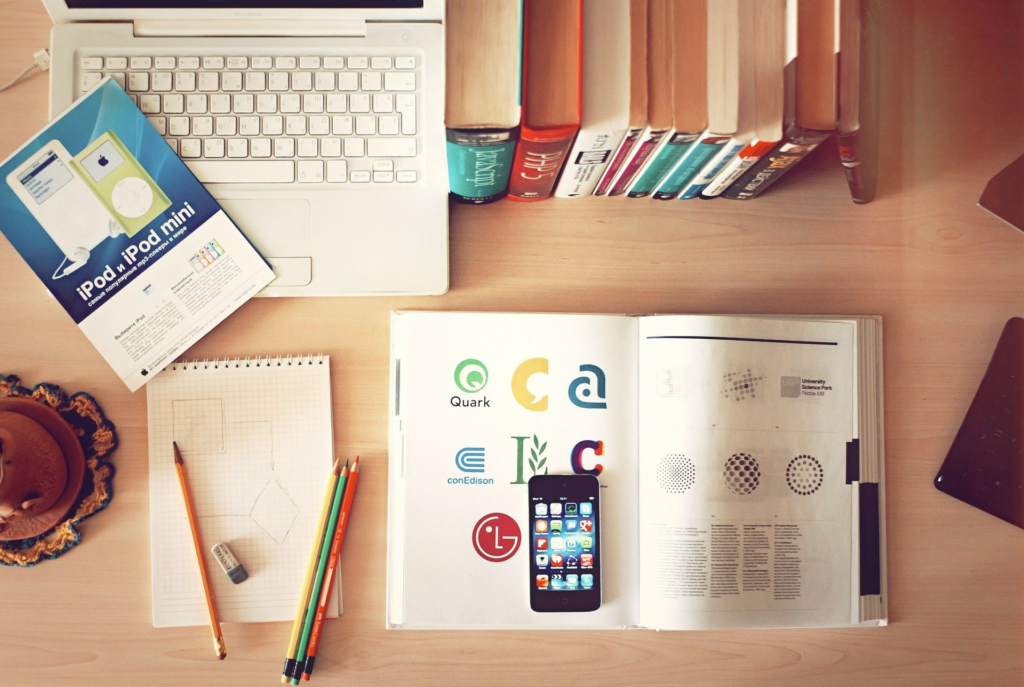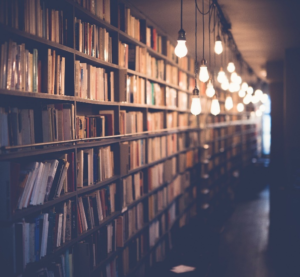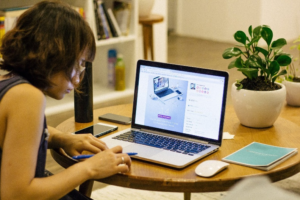
- admin
- January 2, 2021
- 7:52 pm
- No Comments
Studying Amidst a Pandemic: A Guide
The coronavirus pandemic has ushered in an unprecedented period in the current generation’s lives. The pandemic has changed things as complex as the global economy to things as mundane as going out to buy food.
Since the global economy is inextricably interlinked, trade is a necessity. With the pandemic, however, this trade risks spreading a contagious virus. Similarly, something as simple as going out of the house and buying groceries puts you at risk of contracting the virus. Since the virus spreads through droplets and aerosols, and you don’t know where people have been, the risk is omnipresent.
There’s also been a major shift in the education industry due to the virus. Many schools and institutions have had to shut down campuses and, accordingly, in-person classes. For the first time (in human history!), online classes have become the norm. The transition hasn’t been easy for students or teachers due to the digital divide, home distractions, etc.
 It’s also made studying significantly more difficult. Students are stuck in their homes, which are flush with distractions. Besides that, the pandemic has tanked everyone’s social life, crippling one of the most popular ways to relax (let’s not forget that relaxing is critical to studying well). Some testing methods have accommodated this shift, moving toward testing methodologies such as research papers, etc.
It’s also made studying significantly more difficult. Students are stuck in their homes, which are flush with distractions. Besides that, the pandemic has tanked everyone’s social life, crippling one of the most popular ways to relax (let’s not forget that relaxing is critical to studying well). Some testing methods have accommodated this shift, moving toward testing methodologies such as research papers, etc.
However, if you’re studying for any of the NYS Civil Service exams, you’ll have to give a traditional exam (written, oral, etc.). However, you’re not out of luck. Here’s a guide to help you out with studying amid this pandemic.
Make the Right Study Space
A desk is your best friend when it comes to studying. Some people champion studying while lying down or in whatever position is comfortable. And while it might work for them, they’re the exception, not the norm. Comfort doesn’t stay localized; it spreads. Bodily comfort eventually spreads to your mind, which can lead to daydreaming, wanting to nap, and more.
 Instead, you should first get a desk if you don’t have one. If you do have one, and it’s cluttered to the brim, clear it up. When studying, remove everything that isn’t related to prep. If you don’t have a desk, find a dedicated study space. Keep the space clean and quiet when you start studying.
Instead, you should first get a desk if you don’t have one. If you do have one, and it’s cluttered to the brim, clear it up. When studying, remove everything that isn’t related to prep. If you don’t have a desk, find a dedicated study space. Keep the space clean and quiet when you start studying.
Once you’re done studying, be sure to keep all your study material away. If you leave it there, the space will become cluttered again, you may lose notes, etc. In general, staying organized will make your study space maximally conducive to studying well.
Clear out the Distractions
People often underestimate the importance of their study environment. Some think that a distraction-free zone is enough to study well, and they’re correct. However, their definition of what counts as a distraction isn’t broad enough. As mentioned above, you should clear up your study space of everything unrelated to test prep. Even something as simple as a loose paper can turn into a distraction.
Besides that, you should also tell everyone in your home when you’re studying. You can keep your phone on do not disturb mode as well, which eliminates many distractions. However, your cohabitants could still distract you, so let them know that you need to focus, which brings us to the next point.
Focus
The previous two points are important for creating a good environment for studying, but they don’t make or break a study session. To get the most out of your study sessions, you need to focus.
If you have a study schedule, then you have a set amount of time reserved for studying. The more you focus in this time, the more information you’ll go over and retain. In essence, your focus will dictate how productive your study sessions will be.
Take Breaks
Whether you’re exercising, studying, or doing any activity that involves the mind (so, any activity), you’ll do better when you focus. This is taxing on the mind, though, as you’re actively avoiding distractions and pushing them out. Diminishing returns eventually set in, and your ability to focus wanes.
Fortunately, this isn’t permanent. It only means that you need to take a break to restore your energy. It’s akin to being tired after exercising and needing to rest. Effective study breaks are typically 15 to 20 minutes. The best way to use your break is to take a power nap, move around and stretch, meditate, or eat a healthy snack. All of these will give your mind a break and restore your energy.
No matter how much you perfect your independent study method, experienced guidance can augment it. If you’re preparing for any of the NYS Civil Service exams, we, at Civil Service Success, can give you the edge you need. We provide prep classes for the NYS civil service, such as for the Suffolk County Police Exam, Westchester Court Officer exam, and firefighter exam.


